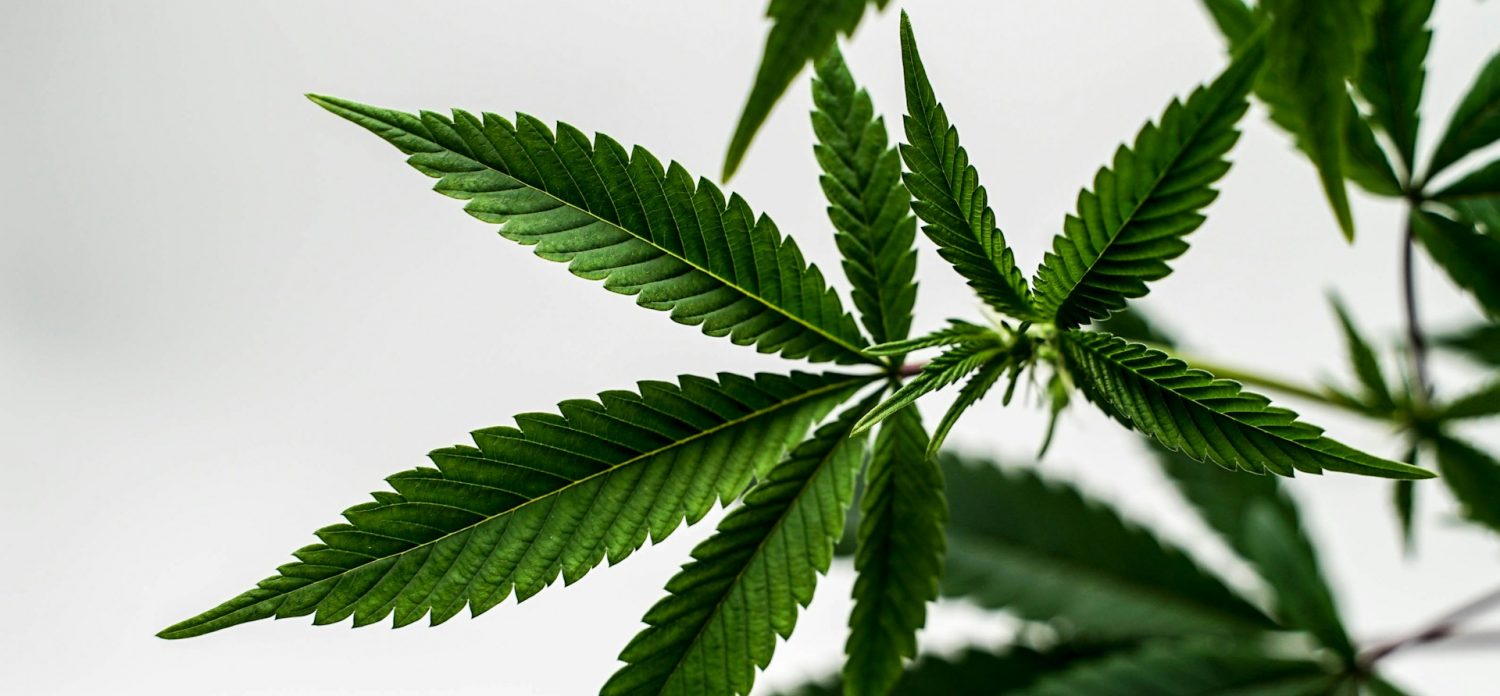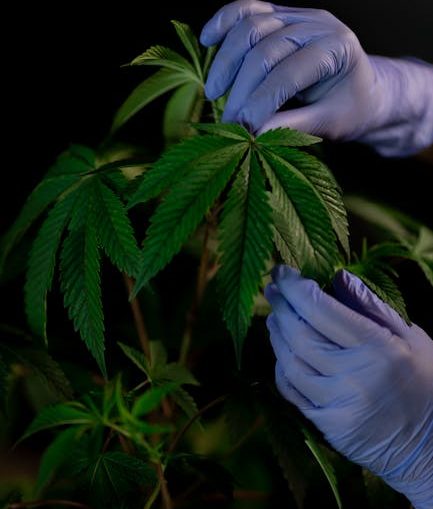Italy, a country known for its rich history, art, and culture, has also been making headlines in recent years for its evolving stance on cannabis. While the country has a long history of cannabis use, the legal landscape surrounding it has been complex and often confusing. In this article, we’ll explore the current state of weed stores in Italy and what it means for locals and tourists alike.
The Legal Framework
Italy’s cannabis laws have undergone significant changes in recent years. In 2013, the country legalized the medical use of cannabis, allowing patients to access cannabis-based treatments with a doctor’s prescription. However, recreational cannabis use remains technically illegal, although the possession of small amounts for personal use is decriminalized.
Weed Stores in Italy: A Gray Area
Despite the restrictive laws, weed stores have begun to appear in Italy, particularly in larger cities like Rome, Milan, and Florence. These stores often operate in a gray area, selling cannabis-related products, such as CBD oil, hemp seeds, and cannabis light (a type of low-THC cannabis). Some stores have also been known to sell cannabis flowers and other products containing higher levels of THC, although this is technically illegal.
Types of Weed Stores
- CBD Shops: These stores sell products containing CBD, a non-psychoactive compound found in cannabis. CBD oil, creams, and other products are widely available.
- Cannabis Light Shops: These stores sell cannabis light products, which contain low levels of THC.
- Head Shops: These stores sell cannabis-related paraphernalia, such as pipes, bongs, and rolling papers.
Challenges and Opportunities
While the emergence of weed stores in Italy presents opportunities for entrepreneurs and cannabis enthusiasts, it also raises concerns about regulation and public health. As the country’s cannabis laws continue to evolve, it remains to be seen how authorities will respond to the growing number of weed stores.
Regulation and Enforcement
The Italian government has been grappling with how to regulate the cannabis industry, with some lawmakers advocating for a more liberal approach. In 2020, a bill was proposed to legalize recreational cannabis, but it ultimately stalled in parliament. As a result, the country’s cannabis laws remain ambiguous, leaving many businesses and consumers in a state of uncertainty.
Impact on Tourism
Italy’s cannabis laws have significant implications for tourists, who may be unaware of the country’s complex regulations. While some cities have a more relaxed attitude towards cannabis use, others are stricter. Tourists should be cautious when purchasing cannabis products, as the quality and potency can vary greatly. Additionally, consuming cannabis in public is generally not allowed and can result in fines or even arrest.
Future Outlook
As the global cannabis industry continues to grow, Italy is likely to come under increasing pressure to reform its laws. The country’s cannabis enthusiasts and entrepreneurs are pushing for change, and there are signs that attitudes are shifting. With a growing number of countries legalizing cannabis, Italy may eventually follow suit, potentially creating a significant new industry and revenue stream.
Weed stores in Italy operate in a complex and often uncertain environment. While the country’s cannabis laws are evolving, there is still much work to be done to create a clear and consistent regulatory framework. As the industry continues to grow and mature, it is likely that Italy will eventually join the ranks of countries with more liberal cannabis laws.






I appreciate how the article breaks down the different types of weed stores in Italy, making it easier for readers to understand the various products and services available.
The article raises important questions about the challenges and opportunities presented by the growing cannabis industry in Italy, and I look forward to seeing how the country
The article provides a comprehensive overview of the current state of cannabis laws in Italy, highlighting the complexities and nuances of the issue.